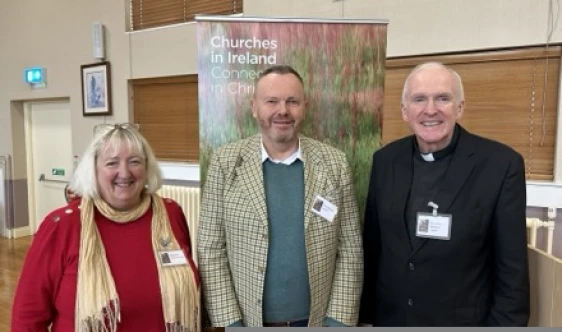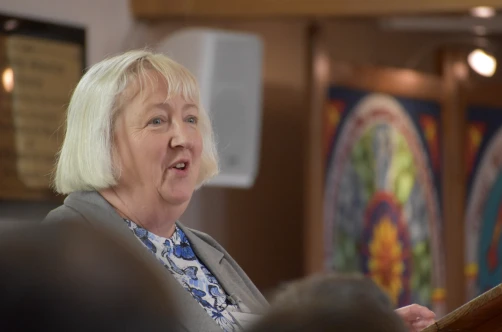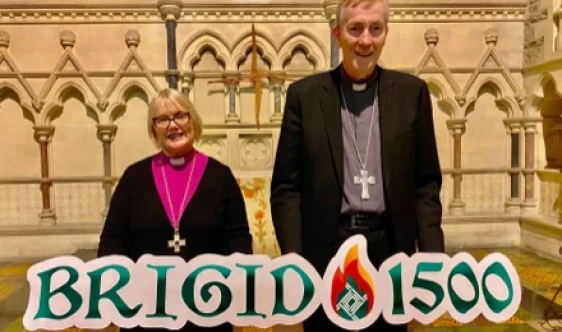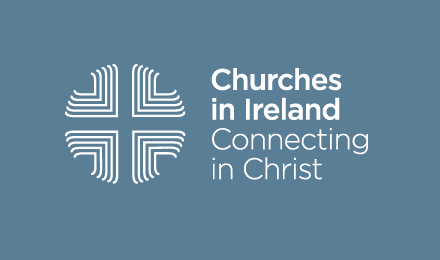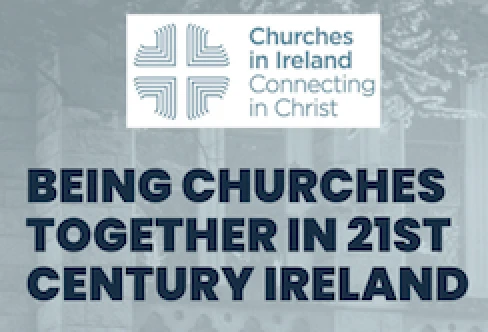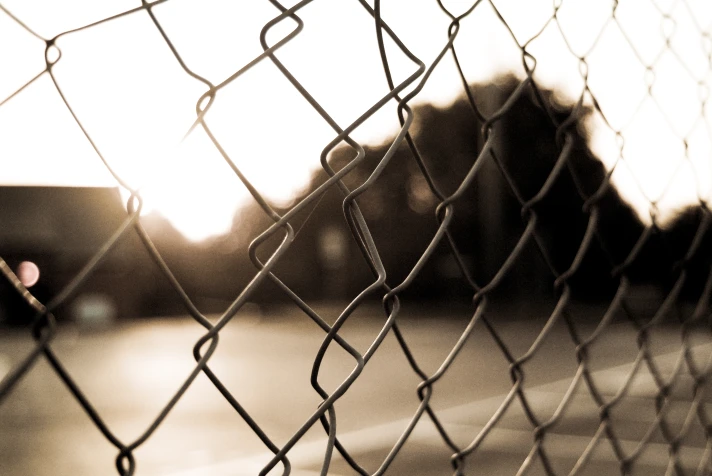
In the fourth of a series of blog articles, Dr Fergus O’Ferrall makes the case for a new and fundamental ecumenical reformation in, and by, our Churches focused on concepts such as reconciliation, forgiveness, justice, peace and human flourishing as we seek to break the bondage to the past and to create hope for a shared and flourishing future.
Volf emphasises the importance of truth–telling as we seek to remember the past rightly. He states that the proper goal of memory should be reconciliation. He claims that remembering wrongs suffered, if done rightly, will ultimately result in a positive form of ‘non–remembrance’ of the wrong–doing: that is in offering the grace and love of God which heals relationships to such an extent that the former wrongs come to lack the emotional fuel to keep enflaming toxic relationships– they no longer come to mind in that form. Volf is, in effect, asking Christians the key question: what kind of selves do we need to be in order to live in harmony with others? If the Irish Churches do the hard work of new theological reflection together then, I believe, they will be best equipped to foster the kind of discipleship in which Christian disciples become capable of envisioning and creating just, truthful and flourishing societies. For such disciples the imperative is the will to give ourselves to the ‘other’, to be prepared to welcome and be hospitable to the ‘other’– this will involve a preparedness to adjust, enrich and to grow in our own identities as we make space for, and learn from the ‘other’.
The ‘truth’ and ‘justice’ that we so much seek are unavailable outside this will to embrace the other. ‘Embrace’, in the sense of full reconciliation, depends upon truth–telling and acknowledgement of wrong–doing: if our Churches – who are called to be the agents of reconciliation– remain so embedded and committed to their own community’s culture, which has led to such violence in the past, they will remain accomplices to any future strife. As Volf reminds us, coming to understand that other cultures are not a threat “to the pristine purity of our cultural identity, but a potential source of its enrichment” is vital. Volf notes that indifference and unconcern for the fate of the ‘other’ is often more deadly than hate. The implications of this in Ireland are profound: Protestant, Unionist, or British cultures and Catholic, Nationalist, or Irish cultures are not inherently threats to each other but potential sources of enrichment, creativity and global outreach from this island. Plural identities, including a European cultural identity, is the way to transcend our divided past. This enrichment might be explored in many ways not least in our poetry of Ulster with marvellous poets such as John Hewitt, Seamus Heaney and Louis MacNeice.
I think MacNeice’s epiphany is one we must seek to share: in his poem ‘Snow’ we find these lines:
“World is crazier and more of it than we think,
Incorrigibly plural. I peel and portion
A tangerine and spit the pips and feel
The drunkenness of things being various.”
We must appreciate, I believe, that no one community or group is innocent in regards to our toxic past and certainly not our Churches:
“Under the conditions of pervasive non–innocence, the work of reconciliation should proceed under the assumption that, though the behaviour of a person may be judged as deplorable, even demonic, no one should ever be excluded from the will to embrace, because, at the deepest level, the relationship to others does not rest on their moral performance and therefore cannot be undone by the lack of it.
(Exclusion and Embrace, p.85).
Can we, as Irish Christians, accept Volf’s thesis that God’s reception of hostile humanity in divine reconciliation and communion is a model for how human beings should relate to each other?
Christian loyalty is to our Lord Jesus Christ and His Mission. Our Christian obligation now is to call for truth speaking in our Churches and in public affairs; to call for a fresh approach to the governance of Northern Ireland and its relationship with the Republic of Ireland. We do need to discuss frankly how we disarm the politically motivated crimes from 1969 in respect of them compromising a new and shared future. It will not, of course, be universally popular to speak the truth as we see it but the truth must be faced however if a better future is to be shared by all on this island. We believe that Christians must offer genuine hope for the future by seeking to break the bondage to the past which is preventing a flourishing future for all people on this island.
These posts are based on an address delivered to the Omagh Churches’ Forum on 19th September 2018.
